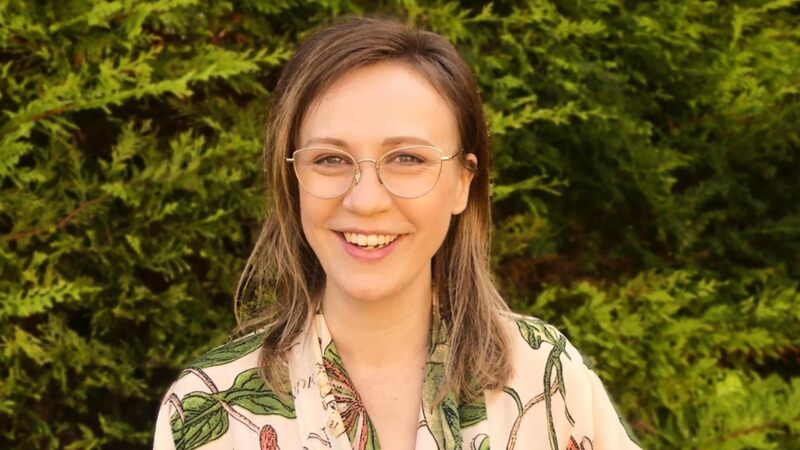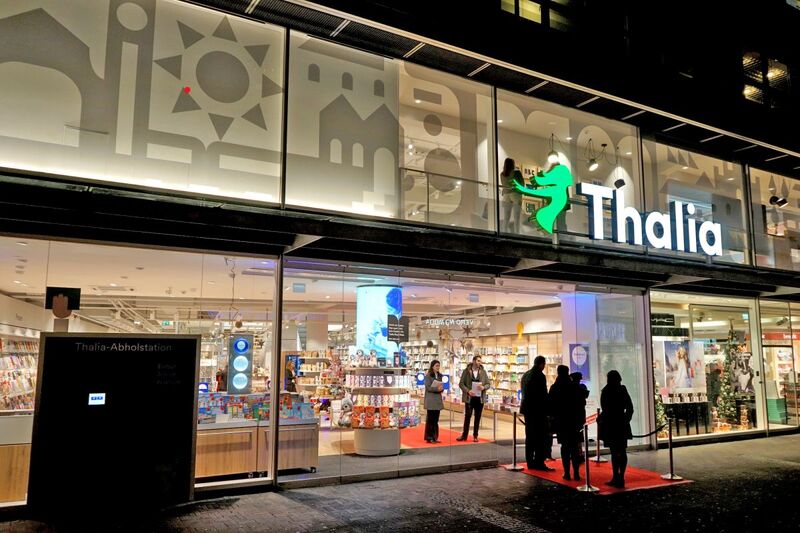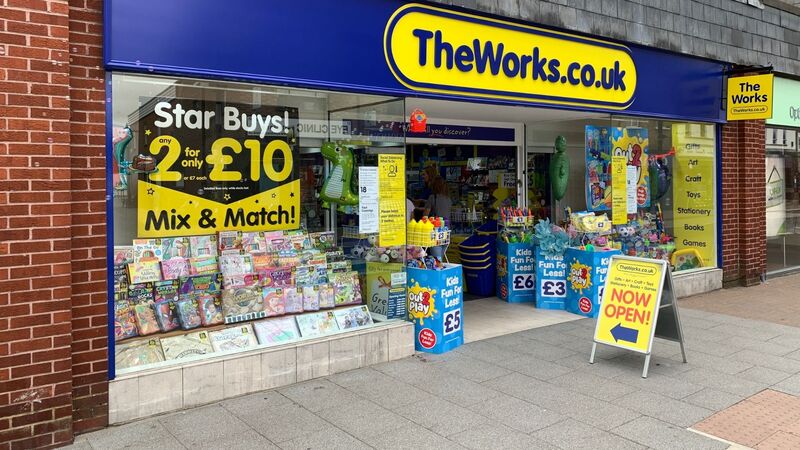You are viewing your 1 free article this month. Login to read more articles.
Hybrid booksellers on the increase
An increase in sales of print books, a growing disaffection with e-tailers and the burgeoning trend of “enhanced” bookshops has led many trade figures to branch out into running bricks-and-mortar stores, with the synergy between the seemingly disparate sides of the business not to be understated.
Book sales rep David Segrue, who launched independent sales company D J Segrue in 2008, is to open Segrue Books with his wife Amanda later this month. He said he had used his experience in the trade to observe “what works and what fails” and, together with a “marked improvement in book sales”, believes he can create the “perfect environment for a bookshop”. Segrue added his day job as a rep gave him a “really good insight into the ups and downs of bookselling”, while the new bookshop would “help him to see the trade from the other side”. He added: “I think booksellers will be really interested to see how a book rep will build a shop.”
Cottoning on to the trend of “enhanced” bookshops which offer services such as cafés and wine bars to complement the retail side of the business, Segrue said this “interesting development” had led to the general improvement of physical bookstores. Segrue Books will have a café serving Monmouth Coffee, along with tea and locally-sourced, home-made cakes.
Likewise, Ink@84, which was opened in December last year by author Betsy Tobin and artist Tessa Shaw, includes a café and bar and hosts author events. Tobin and Shaw opened the Islington-based bookshop because they noticed there was an absence of independent bookshops in the area and they “wanted to make a positive contribution to Islington cultural life”.
For Shaw, the timing was opportune, as 2016 saw what she called the “flatlining” of digital book sales and consumers becoming “disenchanted” with Amazon, realising “that what they had gained in terms of convenience and savings, they had lost in terms of discoverability.”
The bookshop has enabled Tobin to take a “step back” from her career as a writer and “immerse myself in other people’s writing.” She added: “On top of that it has given me a bird’s-eye view of the industry and the issues that drive decision-making for publishers, which is no bad thing for any author.”
Literary agent Susie Nicklin, who recently took over Dulwich Books in south London, has noticed “more synergies between the two jobs than [she] had imagined”. She said: “Primarily, as an agent, being in the shop on a regular basis has been transformational in terms of knowing about upcoming books; meeting editors, publicists and reps; and, on a more regular basis, seeing how customers respond to books and seeing which books sell. In terms of selling translation rights, it’s great meeting foreign publishers and booksellers and learning from them how the books we stock have performed in other languages.”
She added: “I feel better acquainted with the lists of the smaller UK publishers and the dense UK book ecology and attenuated supply chain.”
Publisher and wholesaler Hyde Park Editions opened The Chiswick Bookshop last November, selling frontlist bestsellers, art books, children’s titles and gifts, and operates its business from an office at the back of the store. Emily Crane, sales and marketing manager, runs the bookshop.
She said: “[Opening the bookshop] has helped with the publishing side as I can see what customers like, what sells and why. It’s really galvanising to see a book that we have published actually go home with someone who really loves it.”
The shop has helped Crane learn more about readers and writers: “Every day I am introduced to something new or a new perspective. I am learning an awful lot [about readers]—it is very useful.”

















